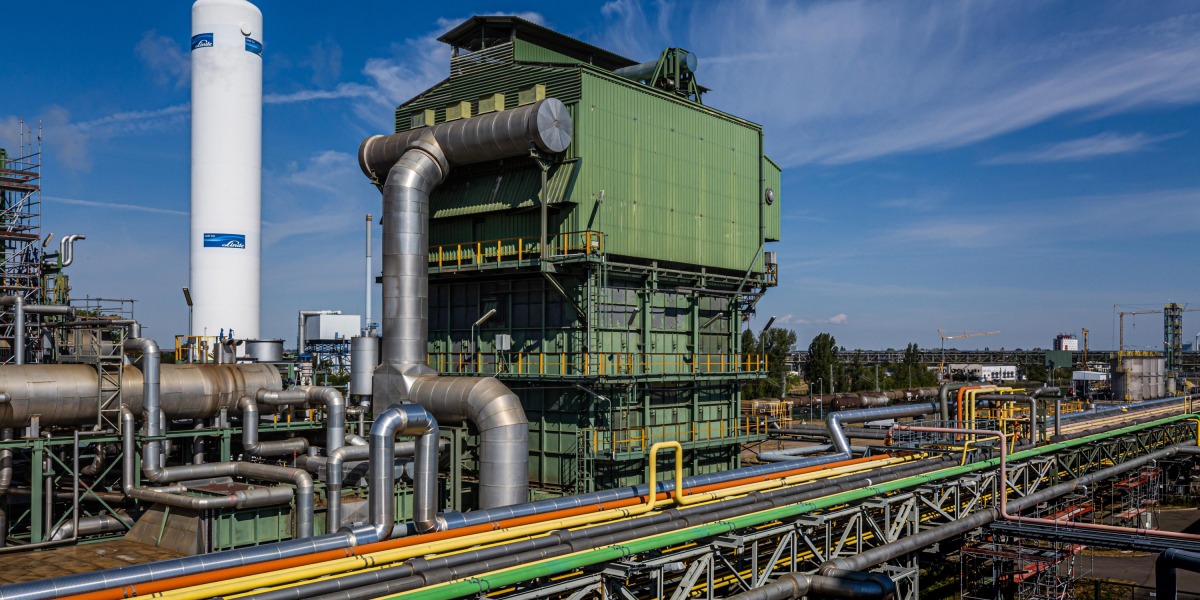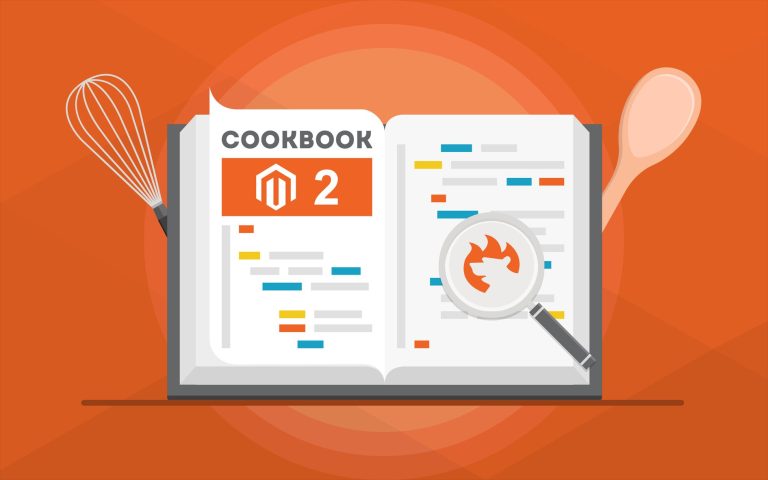
Hydrogen is often heralded as a climate hero because when it’s used as a fuel in things like buses or steel production, there are no direct carbon emissions (or related warming) to worry about. As the world tries to cut down on our use of fossil fuels, there could be plenty of new demand for this carbon-free energy source.
But how hydrogen is made could determine just how helpful it is for the climate. That’s where the rainbow comes in. (I’ve added an at-a-glance table below so you can untangle all these colors.)
Last week, the European Commission released rules that define what “renewable” hydrogen is: in other words, what it means for hydrogen to be green. There was also a fascinating story in Science last week about naturally occurring, or gold, hydrogen.
So let’s dive into the hydrogen rainbow and explore where this fuel of the future might come from.
What do we need hydrogen for?
We already use a lot of hydrogen today: global demand was 94 million metric tons (Mt) in 2021. Most of that was used for oil refining, as well as production of ammonia (for fertilizer) and methanol (for chemical manufacturing).
That is likely to change in the future, because it’s also a good replacement for fossil fuels in transportation, heavy industry, and other sectors. If countries keep their climate pledges, hydrogen demand could reach 130 Mt by 2030, and about a quarter of that would be for new uses.
The problem is, making hydrogen today overwhelmingly requires fossil fuels, usually natural gas. In so-called “gray” hydrogen production, natural gas reacts with water, generating hydrogen gas and giving off carbon emissions.
It doesn’t have to be that way, though. For one thing, we could try to capture the carbon emissions from fossil-powered hydrogen production (this method yields so-called blue hydrogen). This is a pretty controversial approach, because carbon capture is expensive and doesn’t always work efficiently.






